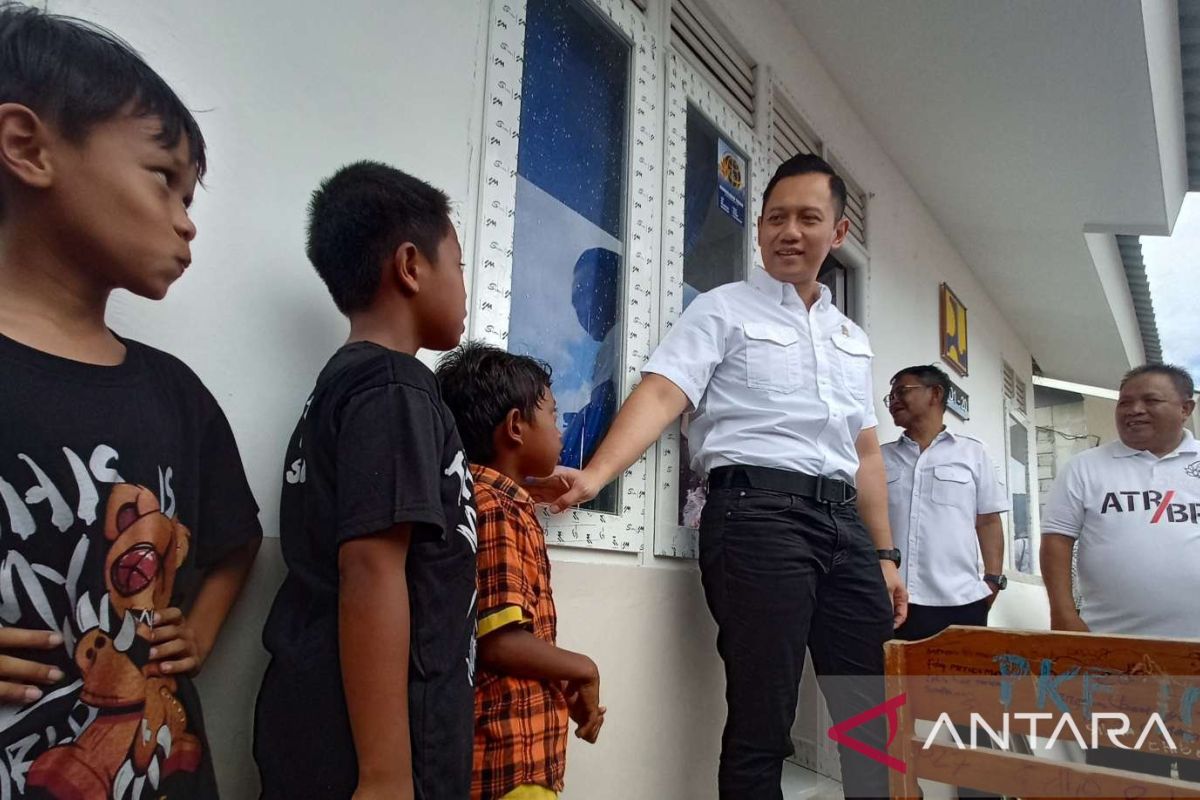Palu, C Sulawesi (ANTARA) - Minister of Agrarian Affairs and Spatial Planning Agus Harimurti Yudhoyono stated that 111.8 million plots of land have been certified through the Complete Systematic Land Registration (PTSL) program.
"The target is 120 million land plots to be certified in 2024 and the realization has reached 111.8 million land plots from January to April," he said during his visit to Palu, Central Sulawesi on Sunday.
He explained that the acceleration of land certification through the PTSL program is the state's effort to provide legal certainty to the community to reduce agrarian conflicts.
Currently, there are still around nine thousand land plots that are being pursued to be certified through the PTSL program.
111.8 million land plots
"This target is in accordance with the mandate of President Joko Widodo, which is targeted to be completed by December 2024," he remarked.
In addition to PTSL, the ministry also continues to accelerate land reform or agrarian reform aimed at reducing inequality in land control and ownership, including creating prosperity and welfare for the community through an agribusiness approach to reduce poverty.
The Agrarian Affairs and Spatial Planning Ministry has seven strategic policy directions, among others, improvement in land management through land registration, optimization of agrarian reform, and increasing land use for land development.
Baca juga: Peneliti BRIN sebutkan aturan agraria semakin "ruwet"
Baca juga: Rabu ini, Hadi Tjahjanto dilantik jadi Menko Polhukam dan AHY jadi Menteri ATR
Furthermore, the others are improving the quality and security of land data and digital-based space in order to improve public services, mitigating and preventing land disputes or conflicts, merit systems-based bureaucratic reform, and improving human resources.
The last policy direction is realizing spatial planning and control of quality space utilization based on national and regional spatial planning to realize inclusive and sustainable economic development through mitigation and adaptation against climate change and green economy.







